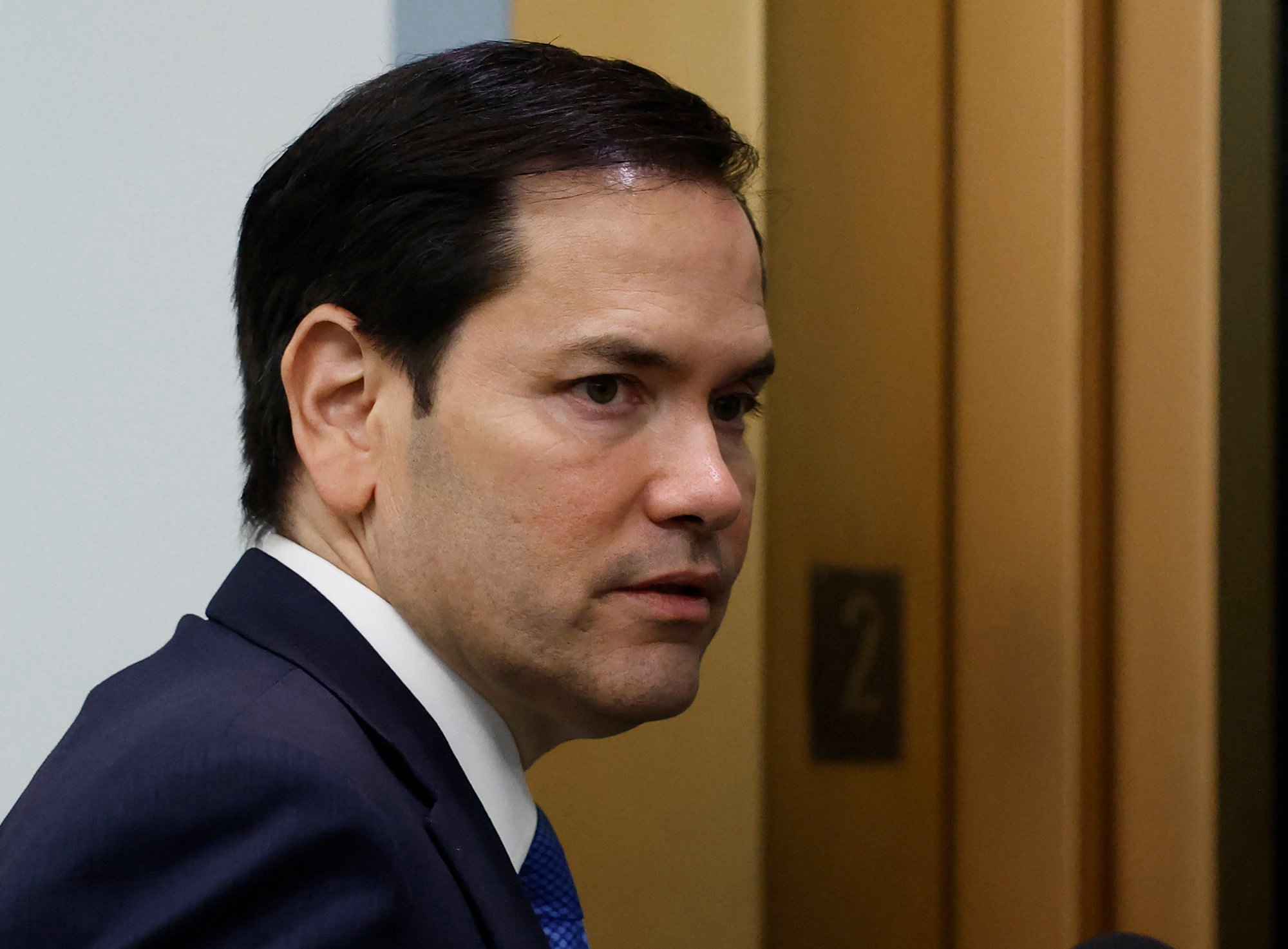The US State Department’s top official on the Indo-Pacific said Thursday that technology trade restrictions and military deterrence aimed at China should be the most likely area of policy continuity with the incoming administration of president-elect Donald Trump.
Briefing reporters in Washington following the “recent” arrival of the transition team to the department, Deputy Secretary of State Kurt Campbell said he expected Senator Marco Rubio, Trump’s selection for secretary of state, to keep many of US President Joe Biden’s Indo-Pacific initiatives largely intact.
Those initiatives, he said, would likely include the security pact comprising the US, Britain and Australia, known as Aukus, which was established in 2021.
Do you have questions about the biggest topics and trends from around the world? Get the answers with SCMP Knowledge, our new platform of curated content with explainers, FAQs, analyses and infographics brought to you by our award-winning team.
“There will be inevitable areas where the Trump administration will seek to do things differently, but I would also posit there will be areas of continuity, [and] I think we will see more areas of continuity in the Indo-Pacific than perhaps in some other regional areas,” Campbell said.
“There is a deep interest in every element of the bilateral relationship between the United States and China,” he added.
“There have been questions around our technology policy, steps that we’ve taken to enhance our deterrent capabilities across the Indo-Pacific, military deployments, interest in the kind of bilateral engagements that we’ve had in the recent past and the kind of recurring venues of engagement between Beijing and Washington.
“The good news is that so much of our work has required the strongest possible partnership with key players on Capitol Hill, and one of those factors is ... Senator Rubio, but many of the key staffers [in the Senate armed services and foreign relations committees] are now serving on landing teams at various agencies.”
Rubio’s office did not immediately respond to a request for comment.
Throughout his tenure in the Biden administration, starting in 2021 as National Security Council coordinator for Indo-Pacific affairs, Campbell has testified numerous times before congressional committees, drawing both praise and criticism from Trump’s Republican Party.
Rubio’s office highlighted areas of alignment following a Senate Foreign Relations Committee hearing in July, in which Campbell was grilled on America’s competition with China.
In his press release after the hearing, Rubio highlighted his call for an expansion in US shipbuilding, steel production and other industries critical to the defence industrial base.
“Some of these are going to require us to lean heavily into our alliances, to make sure that our allies in some sort of consortium fashion are not just protecting their domestic industries, but protecting the existence of non-Chinese Communist Party-controlled sources of steel, cement, shipbuilding, and the other fields that they seek,” Rubio told Campbell in the hearing.
The senator’s release also included Campbell’s reference to Aukus: “When I came into the White House, I thought, and I still believe, our submarine programme is the jewel in the crown. But one of the things that became clear looking at Aukus is how much more ... we had to invest in our own industrial base just to keep up.”

Asked on Thursday about the prospects for Aukus after Trump returns to the White House next month, Campbell said that the president-elect’s team “fully appreciates and understands the significance” of the trilateral defence technology alliance.
“There’s every expectation that the incoming team will support and seek to ensure that the appropriate sort of gating functions on financing and capacity building are met,” he added.
Congressional Republicans have also supported the Biden administration’s efforts to bolster the Quadrilateral Security Dialogue grouping with Australia, India and Japan to head-of-state level; they have made meetings of the Quad’s leaders an annual fixture, and recently pushed for more progress.
Representative Michael McCaul, the Texas Republican who chairs the House Foreign Affairs Committee, urged Campbell in September to strengthen the group in ways that would push back more against China.
“With regards to the Quad, we must strengthen ties with India to ensure the two largest democracies in the world are working together to advocate and safeguard democracy,” McCaul said in a hearing held by his committee.
“While these partnerships are critical to countering China, I must say I’ve been disappointed that it has not gone further.”
More from South China Morning Post:
- Trump’s return sparks anxiety in Australia’s defence community over Aukus submarine deal
- New Zealand’s Aukus decision hinges on Trump’s Indo-Pacific strategy: analysts
- Aukus, Quad allies could face pressure on China from next Trump administration
For the latest news from the South China Morning Post download our mobile app. Copyright 2024.





